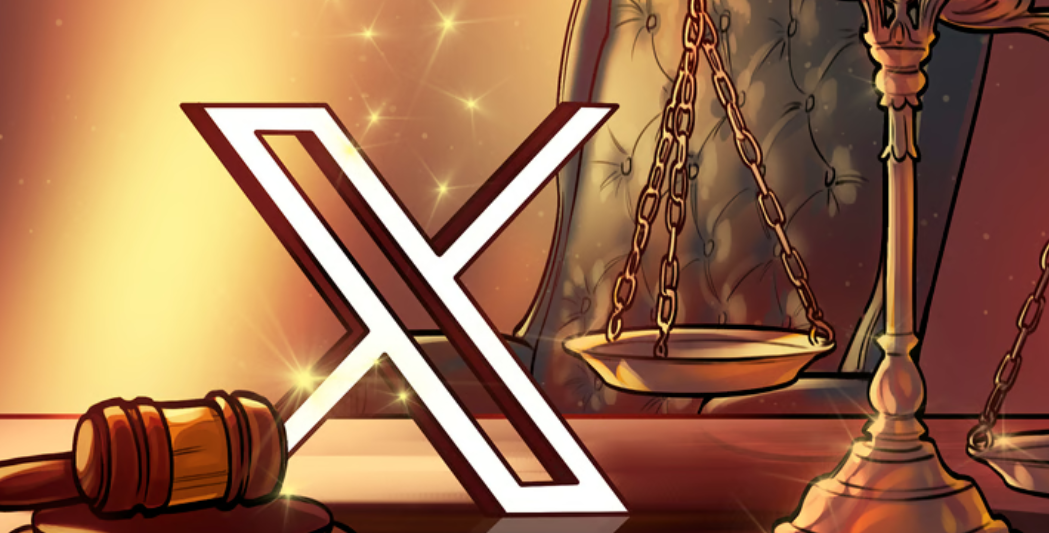French Prosecutors Open Investigation Into X (Formerly Twitter) Over Algorithm Manipulation Allegations
-

Big news coming out of France: the French Public Prosecutor’s Office has officially launched an investigation into X (Elon Musk’s rebranded Twitter) over claims that its algorithm was used to manipulate user data — possibly for political interference.
What’s going on?The probe was sparked after two reports were filed on January 12 — one by French MP Éric Bothorel (from President Macron’s party), and another by a senior government official (unnamed). Bothorel says he suspects the X algorithm was biased to promote Elon Musk’s political views by manipulating data and user engagement in a way that violates French law. The investigation is now handled by France’s J3 cybercrime unit, which is known for high-profile cases (including the 2024 arrest of Telegram’s founder Pavel Durov).What exactly are they investigating?
The focus is on:
Tampering with automated data systems as part of an organized group Fraudulent extraction of user data from those systemsIn simple terms: whether X’s algorithm was tweaked unlawfully to harvest user data and influence opinions.
Why does this matter?Since Elon Musk bought X in 2022, regulators across Europe have been watching closely. Some highlights:
In Germany, NGOs forced X to share public engagement data to check for election interference The EU is investigating X for potential breaches of the Digital Services Act (DSA) — a tough new law requiring platforms to remove illegal content and be transparent about algorithms Musk’s vision to turn X into a crypto-powered financial hub could face hurdles if regulatory trust erodes in EuropeWhat’s next?
With Europe cracking down harder on Big Tech and social media manipulation, this case could set a precedent for how platforms like X manage their algorithms and user data — especially when political bias is suspected.
If you’re watching the intersection of crypto, social media, and regulation, this one’s definitely worth following.
What do you think — is this just regulatory overreach, or a necessary step to keep social media honest? Drop your thoughts!

















